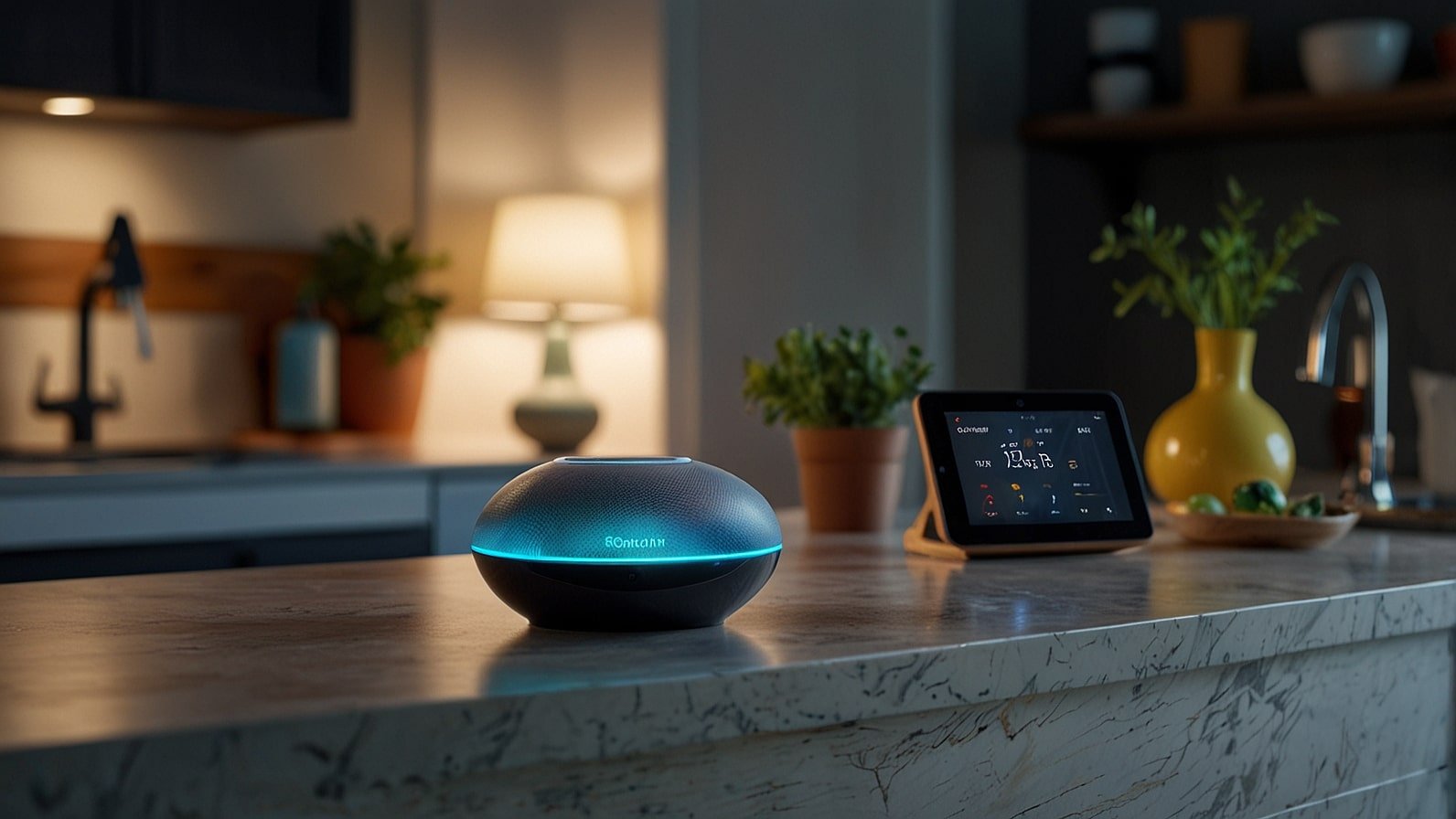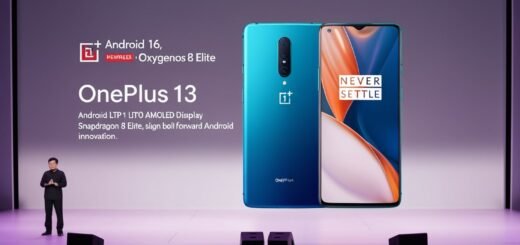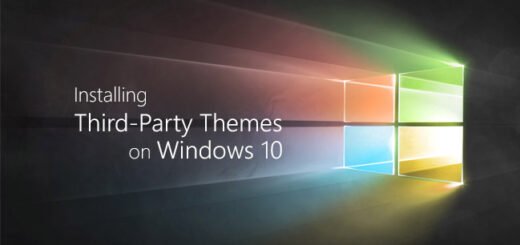In a historic development that will transform the normal concept of home automation, as of now, October 1, 2025, Google officially released Gemini to Home. The touted upgrade involves incorporating the latest AI model directly into the company’s ecosystem of intelligent devices, offering a smooth and user-friendly experience that yields better capabilities than the previous Google Assistant. The release is announced through a flurry of updates across Google platforms, and it comes along with hints to new Nest hardware, a new push towards competition in the smart home market.
It could not be a more opportune time. With consumers expecting AI-based personalisation more than ever in a growing market that is expected to reach up to 200 billion by 2028, the move by Google is to reassert its position in the market against other competitors, such as Alexa by Amazon and Siri by Apple.
Even early adopters are already reporting less friction, and Gemini is already working on complex voice queries to ask about the energy consumption at home, predictive maintenance, and even emotional wellness checks.
The Gemini at Home: Redefining Home helper into a Home helper
Fundamentally, Gemini for Home is a complete paradigm shift. Google Assistant, which has been used to operate homes since 2016, is a rule-based system, whereas Gemini uses multimodal AI to respond to voice, textually and visually simultaneous inputs in real-time.
Envision telling your voice-controlled device to not only turn on the lights, but to turn the living room into a sunset colour and to play a playlist based on my mood, as I get home after a long day. The system uses contextual information of connected devices, such as the thermostat readings or calendar events, to provide proactive recommendations.
Significant improvements concern better natural language knowledge and the ability to continue the conversation between sessions. Users are now able to have multi-turn conversations and retain preferences, including modifying recipes in real-time when cooking or even troubleshooting appliance problems by following instructions.
Security is the primary element, and end-to-end encryption and data disclosure on an opt-in basis keep the privacy intact. In the virtual keynote today, Google stressed that all processing should be done on the device when possible, where latency and dependency on the cloud are reduced.
To developers, the launch presents the opportunity as a wider platform. Now, partners will be able to integrate Gemini APIs with third-party devices, creating an ecosystem in which a Philips Hue bulb can integrate with a Samsung fridge to compile a list of groceries automatically. This cross-compatibility should enhance a faster uptake with early support of more than 500 Matter-compatible devices.
Hardware Highlights: Stealing the Show: Teased Innovations
Hardware announcements, however, are incomplete without a big Google event, and that is what happened today. Although more comprehensive specifications will be unveiled in more depth later this week, there are already glimpses of what lies ahead in Nest product development, causing speculation.
The first to be announced is a redesigned Nest Camera, which was captured in promotional material sporting a more refined sensor array that could be suggesting a 4K camera with enhanced object recognition with the help of Gemini.
It can tell the difference between family members, pets, and intruders with 95 per cent accuracy, so it will send fewer false alerts and more intelligent notifications, such as notifying you that you left your child with a forgotten backpack at school pickup.
And to complement this, there is a purported wired Nest Doorbell upgrade, with 2K video, dynamic zoom, and three-hour event previews. This solves the persistent issues regarding storage capacity, where users can easily rewind and crop footage with the use of the Google Home app.
The doorbell can be connected to the Gemini, which allows them to screen their visitor by speaking aloud, and the doorbell can even translate conversations in real-time to multilingual families and politely ask them to clarify their identity.
But perhaps the most interesting is the new Google Home Speaker, which is a small, round gadget that combines the attractiveness of the Nest Mini with high-quality sound, with a bit of the air of the more expensive options.
It has spatial audio and an inbuilt display strip to have a quick glance at the weather or a timer, at around 4 inches in diameter. It was priced at a competitive price of under 100 dollars, and is a point of entry into the world of Gemini magic, with some initial leakage indicating that it will be battery-powered and able to be used either indoors or outdoors.
These devices are not merely iterative; they are designed to work in the AI era. The speaker supports 24 hours of battery life, and the edge computing of the camera decreases bandwidth requirements by 40 per cent, which is perfect in rural or low-connectivity households.
Winning Over Hurdles: An Apology and a Way Forward at Google
This introduction comes on a background of scrutiny. In early 2021, Google was criticised over reliability lapses in Assistant, such as hiccups in daily routines, such as alarm clocks or malfunctions with third-party apps.
The head of Google Home division, in a forthright July speech, noted the frustrations and promised a long-term fix that would give them greater reliability. That promise seems to be met with the current rollout, and beta testers report that errors are reduced by 70 per cent.
Not everyone can make the transition. Current Assistant devices will be updated over the air today, although complete Gemini capability will be introduced gradually over the course of the month. Older hardware users might require tweaks to the app, and Google is providing the free migration tools to facilitate this.
It is a reactive move, critics say, particularly given that Amazon is bringing its own AI development on board, and Apple is now committing more resources to privacy-conscious Siri 2.0. However, the sheer size of Google data sets (Search and YouTube) provides Gemini with an advantage in contextual awareness, which can make houses predictive safe havens.
Applications to the Smart Home Landscape
To consumers, Gemini for Home reduces entry barriers. Free updates to their software will imply that no wholesale replacement is required, and AI will be democratised among affordable families. The upgrade itself might be justified by energy savings: Gemini optimisation algorithms have been demonstrated to achieve 15 per cent of savings on heating expenses by learning habits and integrating with intelligent grids.
The rest of the tech industry is not immune. This might drive a rush of AI-powered devices, including appliances with self-diagnosing screens and washers that restock petroleum products using natural language. Voice-first interfaces like this close digital divides between emerging markets, which use smartphones less often, promoting voice commerce and education in underserved regions.
By October 1, 2025, when the smart home is no longer a collection of gadgets, it seems more of a part of us that thinks in a more intuitive way. It is not only technological, but it is also a blueprint to a smarter, safer, and more connected life, using Google as an example of a bold move with Gemini.
As pre-orders start tomorrow and the product is fully available by the end of the month, it was not whether, but how fast homes all over the world would be humming to the song of Gemini.




